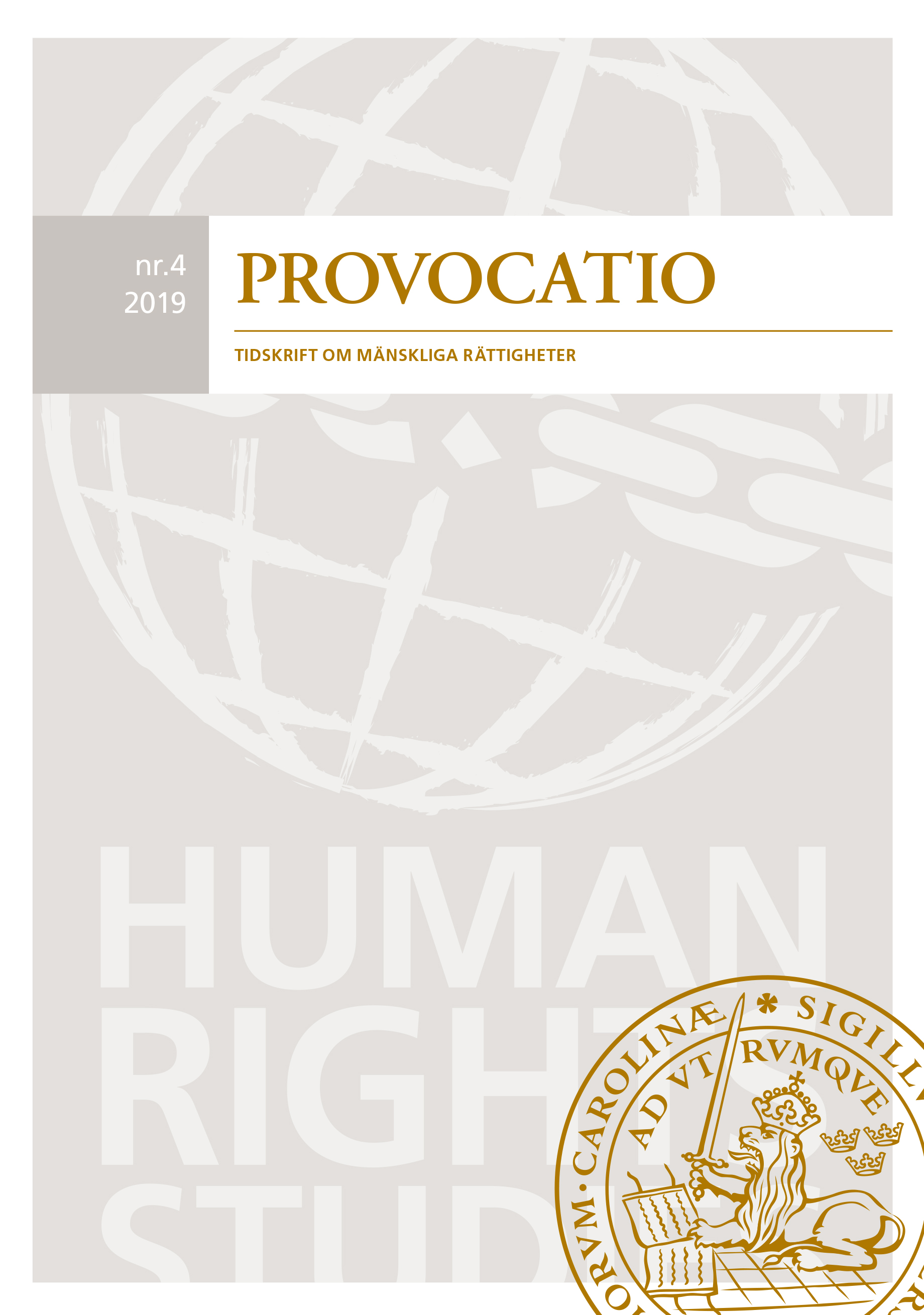The EU’s Identity. Using Sanctions to Construct the International ‘Self’
Abstract
On March 17, 2014, the European Union (EU) imposed its first sanctions against Russia. The sanctions were the Union’s reaction to the culmination of tensions between Ukraine and Russia, which resulted in the violation of Ukraine’s sovereignty and the annexation of Crimea. The already strained relationship between EU and Russia was aggravated by the Russian continuation of destabilization manoeuvres in Ukraine. This in turn lead to intensified EU sanctions against Russia.
Sanctions are not only understood as responses to norm violations in the international system, but also as communicative acts, the meaning of which takes form in relation to both targets and bystanders. The EU is still in the process of forming an identity by claiming itself as an international actor. Consequently, the communicative aspect provides the EU with a significant opportunity to make sense of its own and others’ positions through the use of sanctions. This study examines the EU sanctions against Russia that were introduced on March 17, 2014, and the sanctions that have followed since. The sanctions are not evaluated in themselves, instead the study demonstrates how EU’s discursive understanding of sanctions function in the process of forming an identity.


